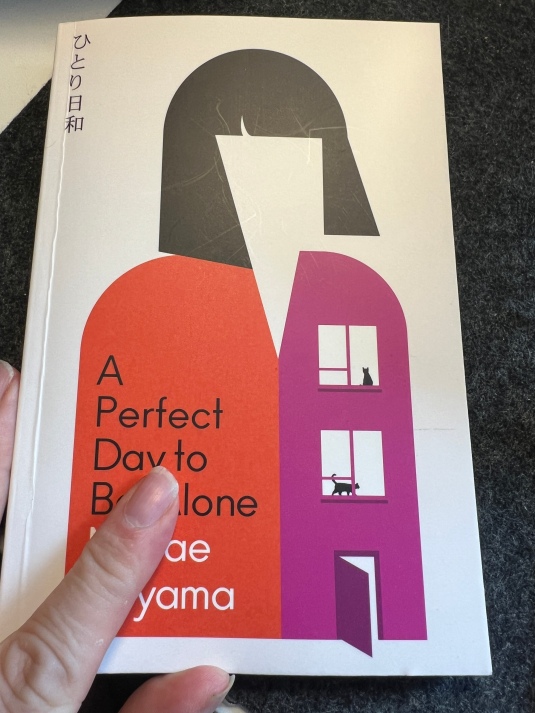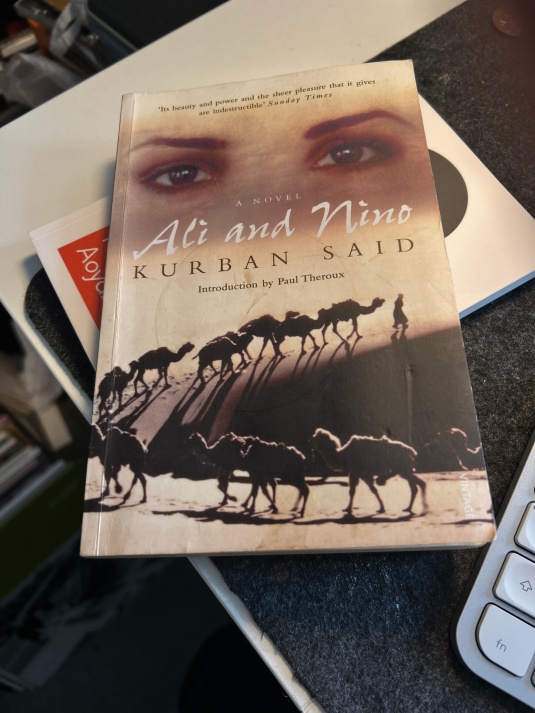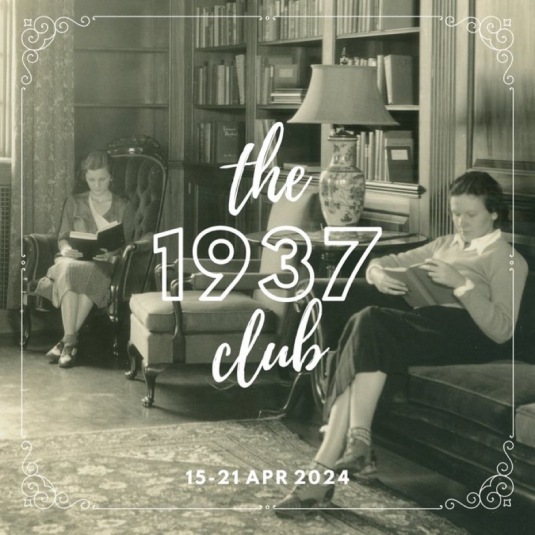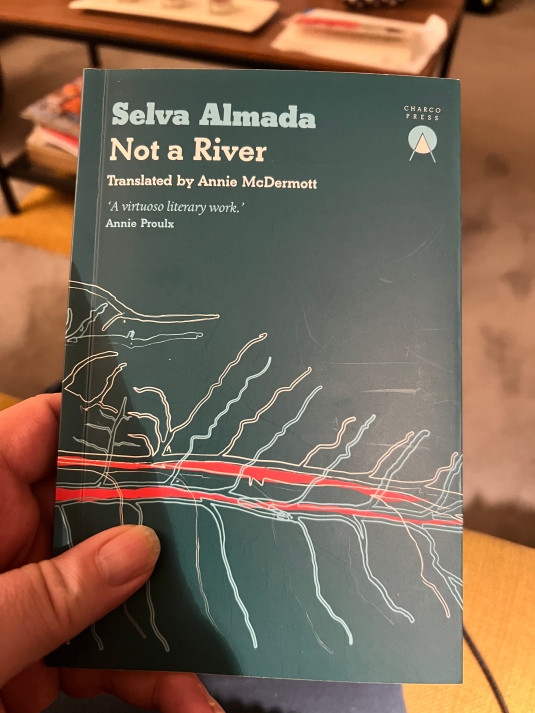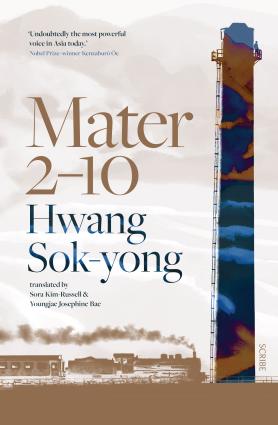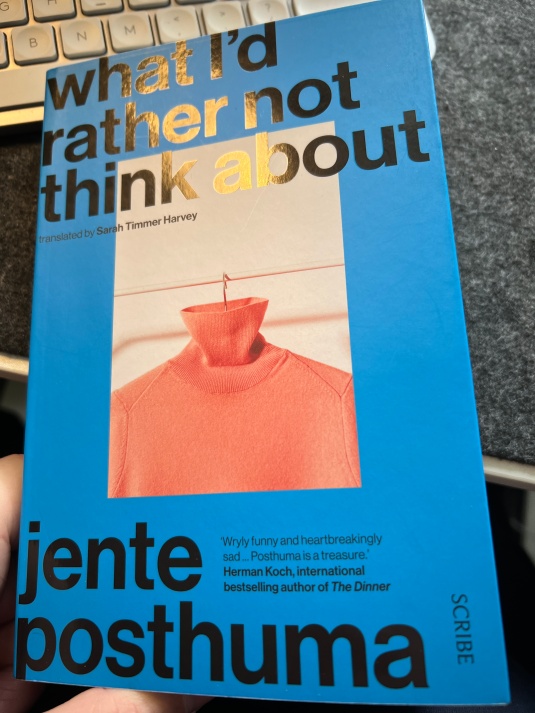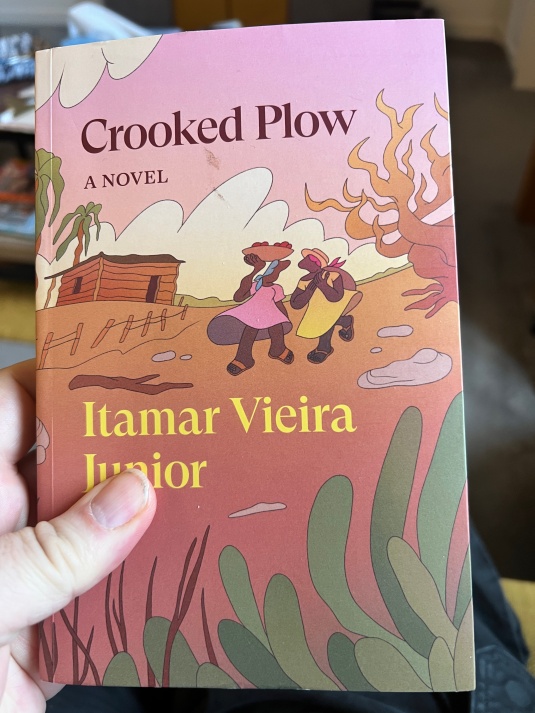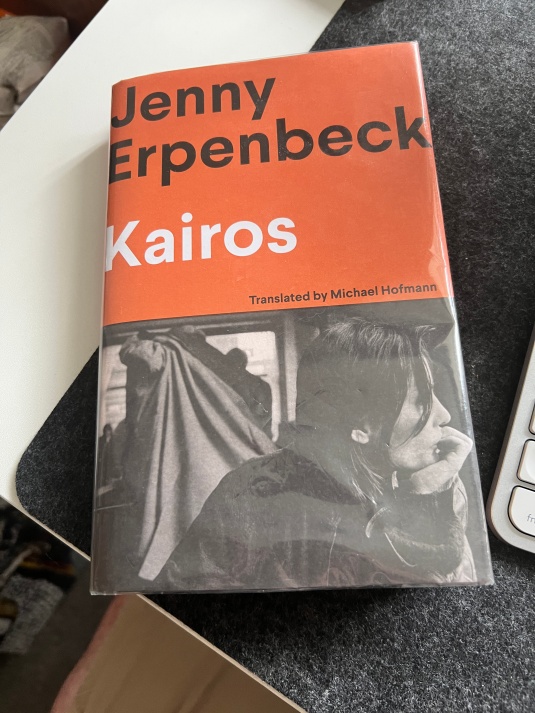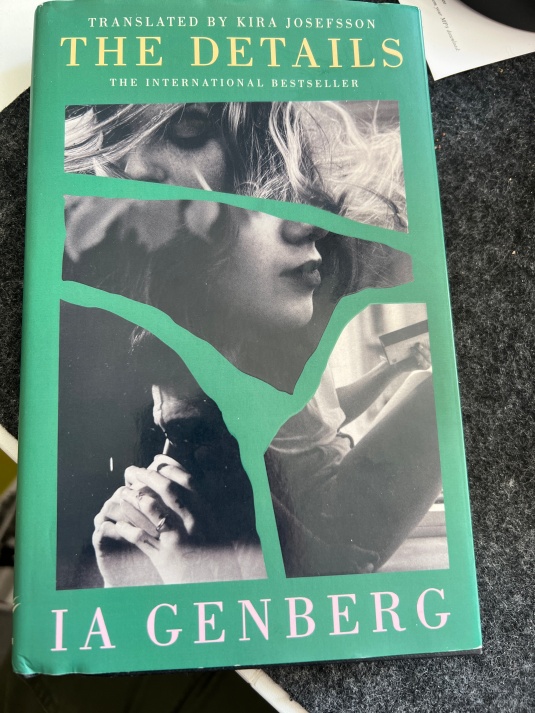- Lost on me by Veronica Raimo
- Crooked Plow by Itamar Vieira Junior
- A Perfect day to be Alone by Nanae Aoyama
- ALi and Nino by Kurban Said
- Journey by Moonlight by Antal Szerb
- Weight and measures by Joseph Roth
- Letters from Iceland by W.HAuden and Louis MacNeice
- The House on Via Gemito by Domenico Starnone
- Through the Forest by Laura Alcoba
Well, this month, I managed to review 9 books, this month I was surprised at as I also did 16 posts for the global literature in libraries initiative I posted 16 posts for them. On here my reading journey , I went from Italy and a young woman in her growing years. Then the twins cut their tongues one talks the over is mute after that.Then we had club 1937. We started with a novel from Azerbaijan about a couple one Western and the other more Eastern about how they get together. Then a marriage just begin as they honeymoon in Italy and eventually end up going there own ways when the husband misses a train and takes the wrong train. Then a solide becomes a goverment offical as his wife wanders and his life falls apart. Then two poets go to pre war Iceland and writer a number of poems and prose pieces. Then back to italy and an overbearing father that wants to be a well known painter. Then a look at what made a wife drown her two sons and what effect has it one those involved in the events thirty years later.
A young woman moves in with a family friend as her mother has gone away to China to Teach not quite sure her daughter is old enough to live fully alone she sends her to live with an elderley relative in Tokyo with there cats. It is a tale of being new and alone in a big city
Non book events last month
Its been a month of watching tv shows form Amanda dn I we started with RED eye a slightly over the top tale of a doctor caught up with spies as he flies back to China people start dying. Then we moved onto Baby r reinderr a dark drama about a manthat ends up with a stalker based on the writers own experience. Funny and dark in places you were left with a thinking of who were the people really. Then we have just finished the second series of Them set in the ninties it follows a hunt for a serial killer and becomes supernatrual in places as the officer sees the killer target her family.Then we had record store day this years gems were
Fleet foxes live A Collection of the best known songs.
Chris Isaak a collection of recording he did at sun city of classic rock and roll songs
Scott walker Tilt a remaster of one of his best albums
Talking heads live in 77 therm live just as they were starting off as a group.
This year record store list hadn’t an absloute must record get like other years but all these are bands and artist I hvae records from . But I maybe getting a little old for waiting from early morning I may get a chair next year as I was sore a couple days after being stood three hours in the cold waiting.
Next month
Well I m in the last third of the first of three from the EBRD finalist I hope to finish the other two by the end monht other than that I have the new book from Elfriede Jelinek the children of the dead . I also have Kafka diares to work through. and the last of the booker international books to be reviewed. I hope to make use of the fact I blogged a lot more last month doing my blog and another blog and hopefully get back on track to get to my target of 100 reviews this year. How has your month been ?
